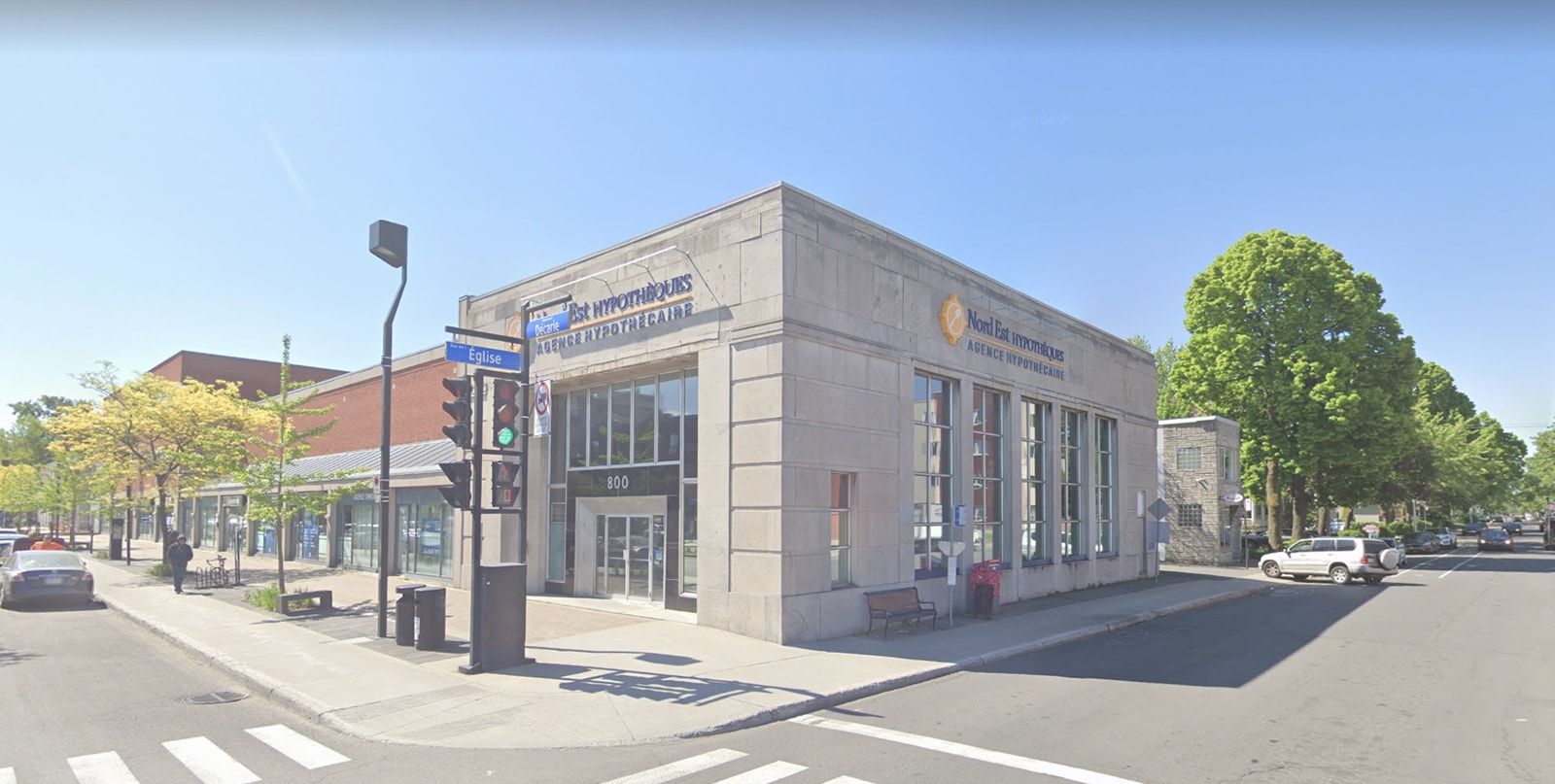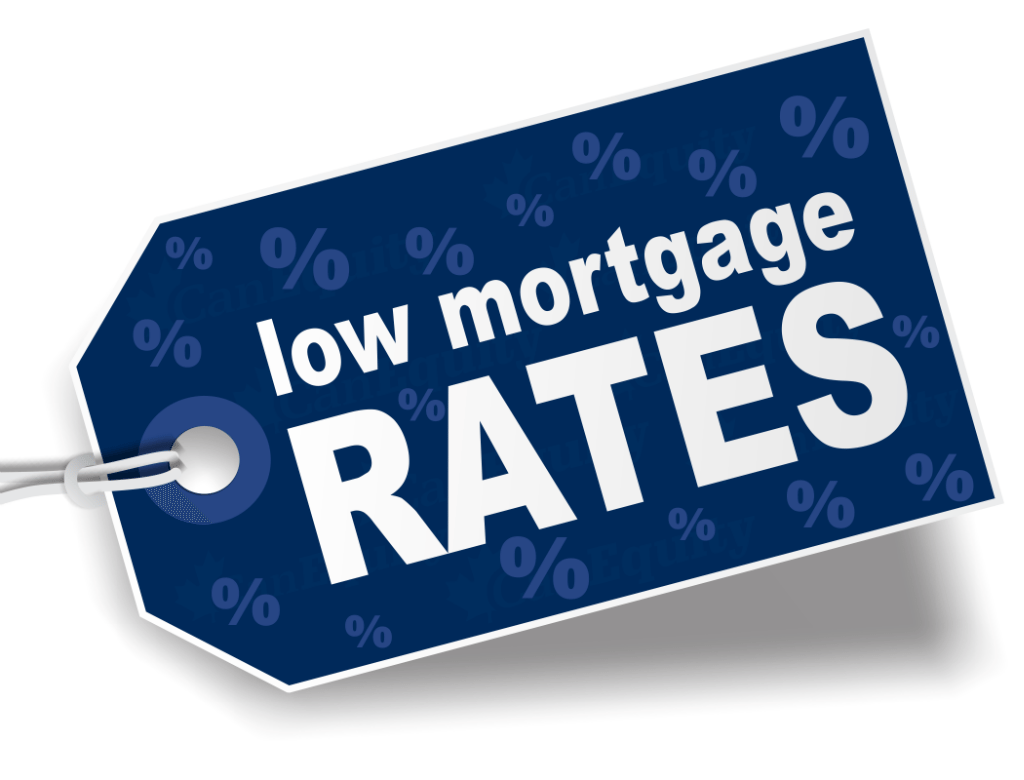Over the past few months, I have had the privilege and honour to help hundreds of people discover a mortgage solution that meets their needs. Some clients came to me because they were prospective first-time homeowners. Others came to me because they were in the process of downsizing their home. Others needed to reorganize and restructure debt loads. In some cases, we were called upon to save someone’s house from a bank foreclosure.
Even though people’s mortgage needs were different, they all had an identical approach when they came to us for a mortgage. Either by email or by phone, their first question was, “Hi I’m calling for some information…I want to know what your best five year fixed rate is.” This is the number one question we get asked on a daily basis. Out of 100 people who call our office only about 5 will ask the really important question, which is, “Hi I want to know how you can help me structure a mortgage that fits my needs.”
For those of you who know me and have granted me the privilege to represent you in your mortgage transaction, you will know that I never discuss rates or options until I have fully assessed your entire financial situation. Mortgage professionals who lead solely on rates do so because they do not feel they have any added value to provide to the client by way of a full real estate and financial needs analysis. As a client, when you fall into the trap of a rate salesman it is the equivalent of buying an item of clothing solely because it is on sale even though it doesn’t fit. As a mortgage broker, I have no interest to see a client pay a higher rate than they need to. Actually, the opposite is true, the better deal I get you, the happier you will be with me, and the more friends you will refer to me. However, it is paramount that the mortgage solution is fitting for the needs of the client.
Buying a home is the most important decision in one’s financial life. Equally, setting up a mortgage is the largest debt most individuals will incur over a lifetime. Don’t you think that you need to make sure that it is set up properly and that it is set up in a way that will give you a maximum benefit over the life of your mortgage?
So what triggered all of this? Well, to understand what is going on, we need to rewind back to the years 2007-2008. At that particular point in time, rates were climbing. When you would go directly to the bank to apply for a mortgage, the best five-year fixed rate was around 6.5%. Then, you would convene with a mortgage broker who would get you the same mortgage with the same financial institution at a rate that was much more advantageous, to the tune of 5.99%. It was a no-brainer, people would say, “Let’s do business with the mortgage broker” The brokerage industry was booming and it was advantageous on all fronts. You would have professional advice and guidance as well as a fantastic rate. Then the world as we know it changed in 2008. The collapse of the markets caused a ripple effect that was felt around the world. The Federal Reserve Bank and the Treasury in the United States blamed the collapse on over-leveraged individuals. People would buy a home at 120% loan to value. They would then use the extra money to buy cars, boats, second homes and other luxuries. Greed and the lust to keep up with the neighbours created the perfect storm that destabilized the economy. When all the dust settled, the finger was pointed at the mortgage brokerage channel in the United States. They were “responsible” for these over-leveraged homes. They were the ones who originated the loans. The reality is that the banks and the Fed were searching for the perfect scapegoats and they found it in the mortgage brokerage industry. Instead, they should have looked at the billions of bad paper they underwrote. But that is for another article.
When this occurred in the United States, banks in Canada distanced themselves from the brokerage industry as much as possible. The first to abandon the brokerage industry was the Bank of Montreal, the second was Desjardins. These banks wanted to separate themselves from the mortgage brokerage channel because of bad press. Once the channel was closed, the banks started to lose market share since they did not have the manpower to source deals. They needed to gain market share so they flooded the market with “Unlicensed and unqualified mortgage originators.” They gave them the title of Mortgage Specialists in order to mislead the public into believing that these Mortgage Specialists were credible when in fact the Mortgage Specialist is nothing more than a salesperson. Further, knowing that they were competing against licensed mortgage brokers, they started to create new alliances with real estate brokers in order to source business from them. The real estate brokers were and continue to be paid between 0.5% to 1% of a deal when they refer a client to a mortgage specialist at the bank. So as a Client you believe that your real estate broker is doing you a favour when you are being referred to the bank. In reality, however, it is done to increase the amount of money they receive as compensation.
Moving forward to today’s market, the industry is inundated with unqualified and unlicensed individuals who are peddling what the banks want them to move. As they are not qualified to properly advise and structure mortgages for clients, they are only able to rely on what they have control over and this is the rate. In most cases, even the rate is not as low or as attractive when compared to a rate originated from the mortgage brokerage industry. The banks’ mortgage specialists make clients believe that 0.10% on a mortgage deal will make the difference in the long term when in reality the lower rate, because of restrictions and limitations, usually costs the clients thousands of dollars more. Further, the manner by which these institutions calculate their penalties is abusive. Clients are forced to pay hefty penalties to restructure or break a mortgage, essentially handcuffing the client.
I know that after I post this blog I will get a flood of emails from real estate brokers and mortgage specialists. I do want to mention that in the community of mortgage professionals, brokers and bank originators, you will have competent and incompetent advisers. I am a mortgage broker, and I don’t believe all brokers were created equal. In every profession, you have good and bad advisers. I have seen many great advisers at the bank level who are well-informed and are genuinely concerned about the client’s interests. Simultaneously, I have seen terrible mortgage brokers who are financially egocentric.
At the end of the day, it is important for each individual to decide who will best serve them and what mortgage product to select. To help you make an informed and educated decision, remember these few important points…
- Make sure you deal with a qualified adviser.
- Make sure your qualified adviser is looking out for your best interests.
- Understand all the conditions of the mortgage, especially prepayment options.
- Verify how the penalty is calculated.
- Does the mortgage compliment your life or limit it?
- Have you maximized all financial benefits you can gain from the transaction? (tax benefits, government programs, insurer options, title insurance, etc…)
- Who is the lender behind the mortgage?
- Who is the insurer behind the mortgage?
- Lastly, what is the best rate you can get?
As always I am available for questions or comments and welcome all. Also, click this link to learn more about mortgage rates in Quebec
Terry Kilakos 514-680-4674
skilakos@nordest.ca



